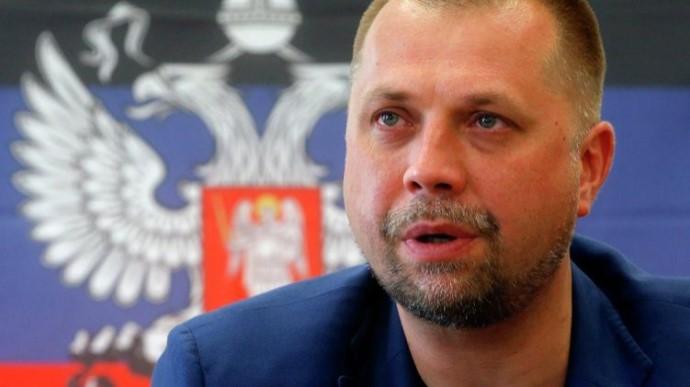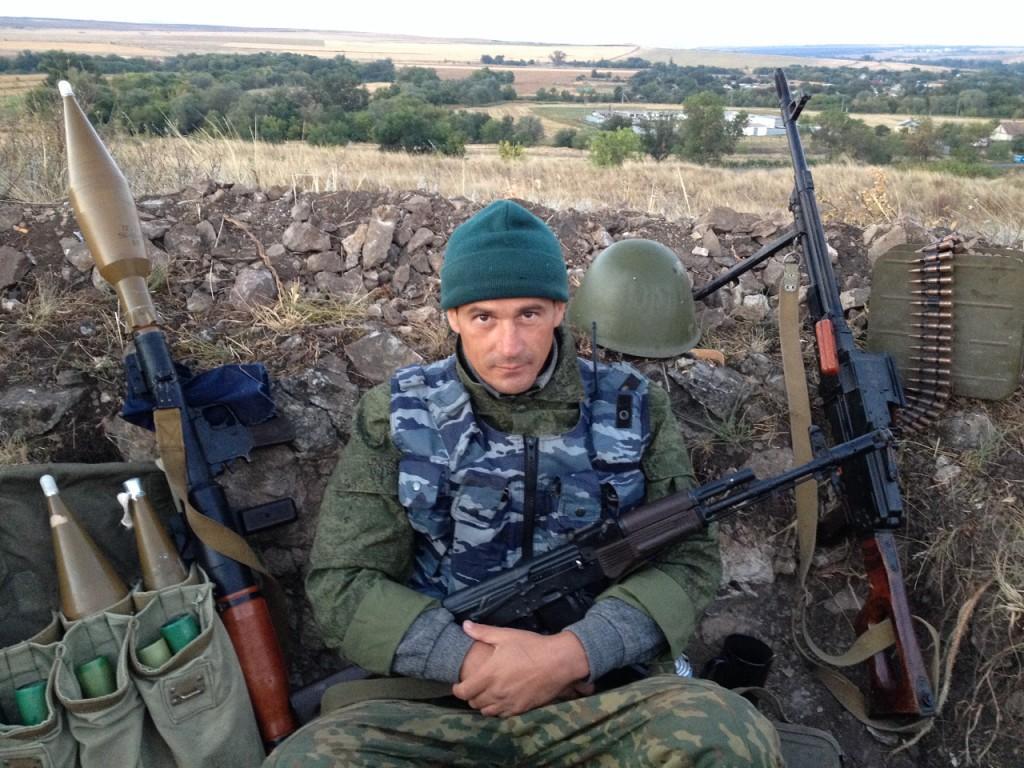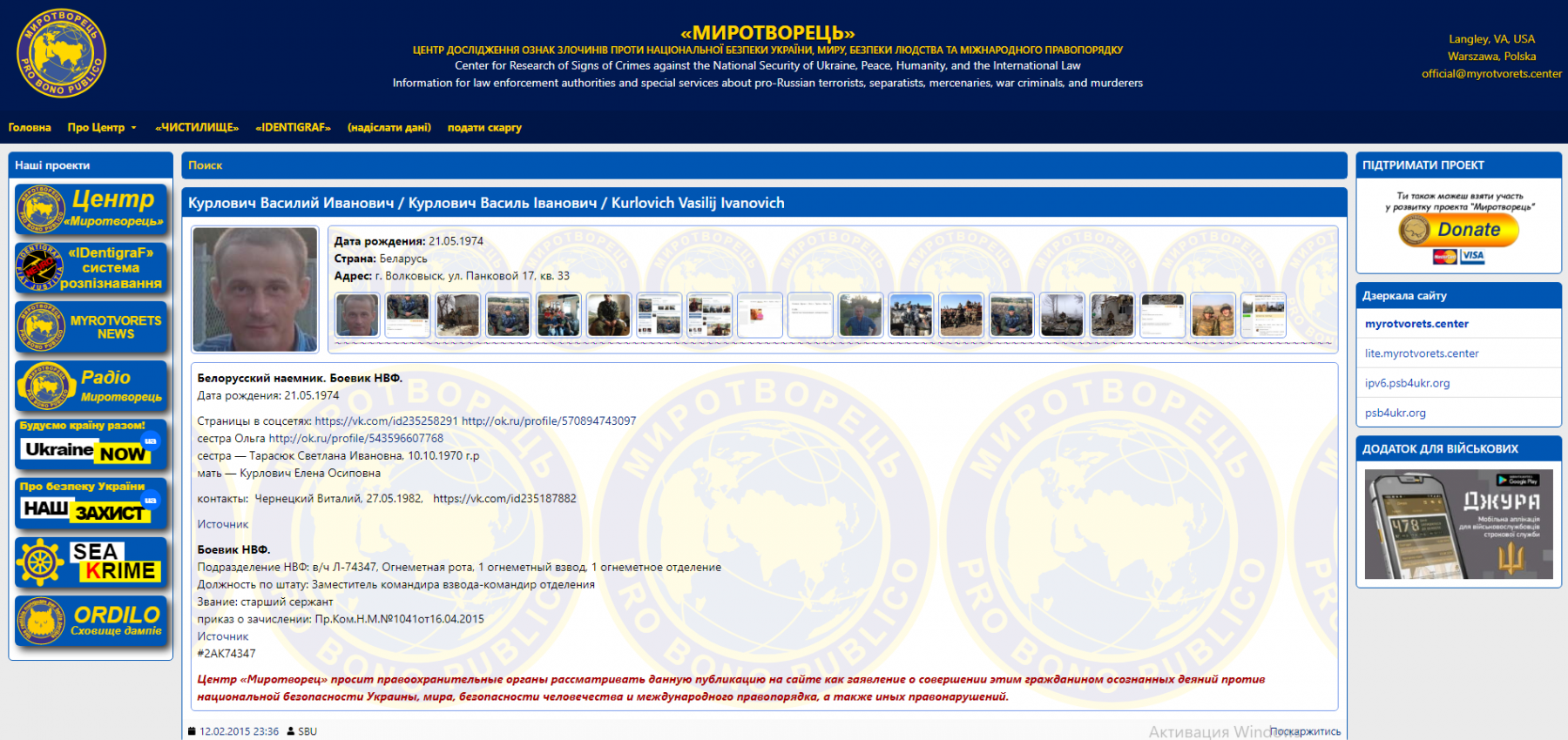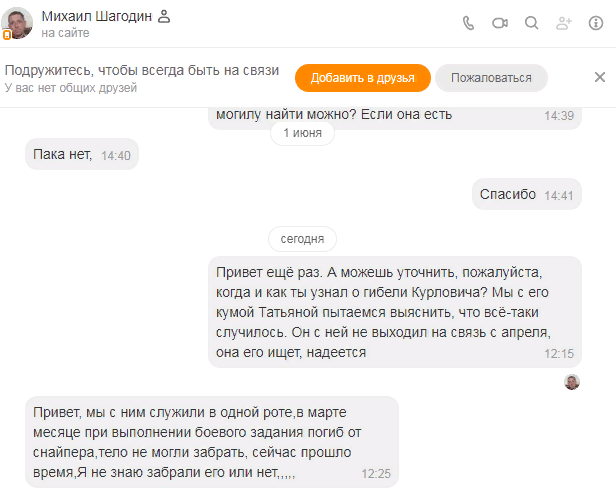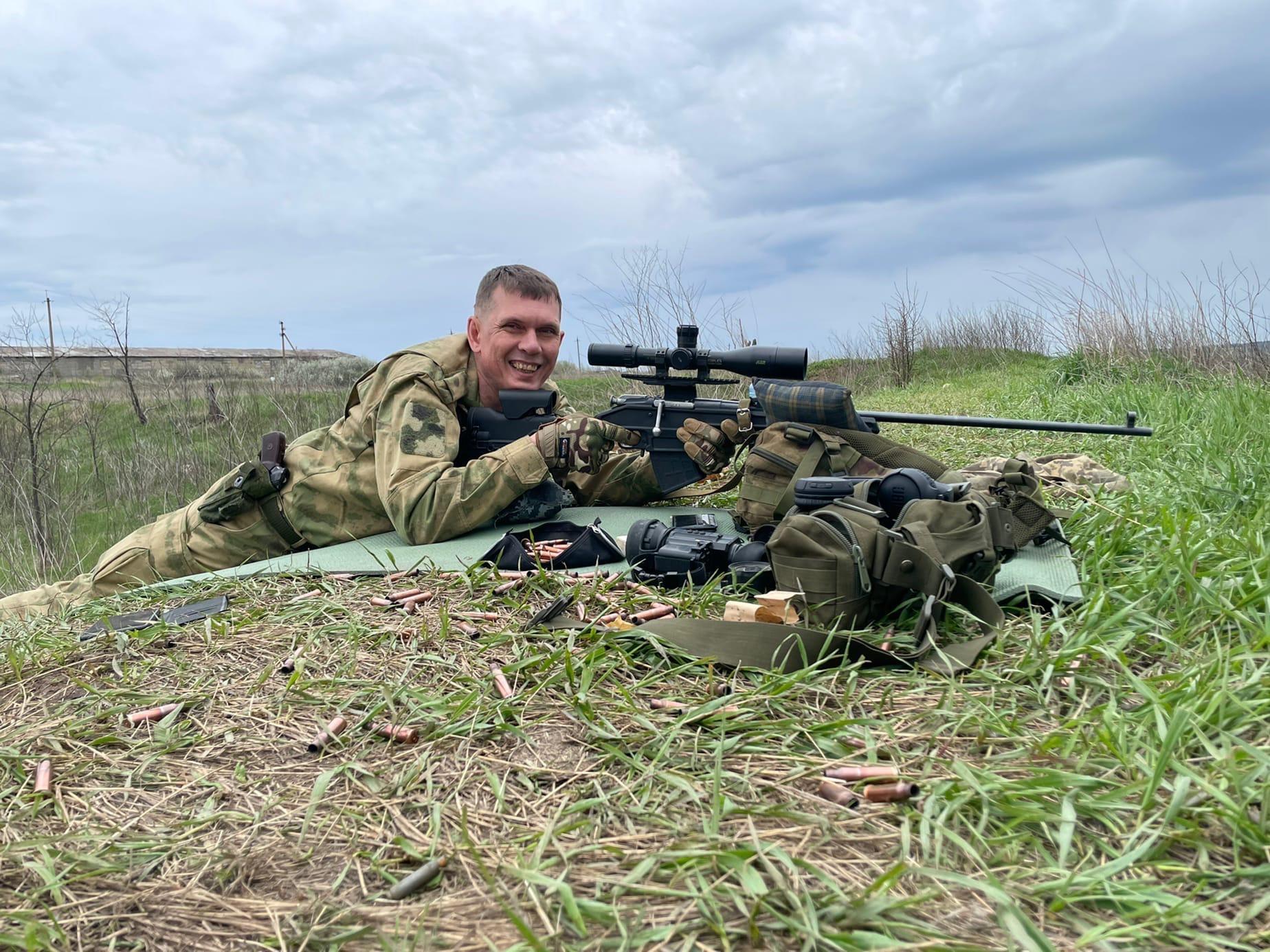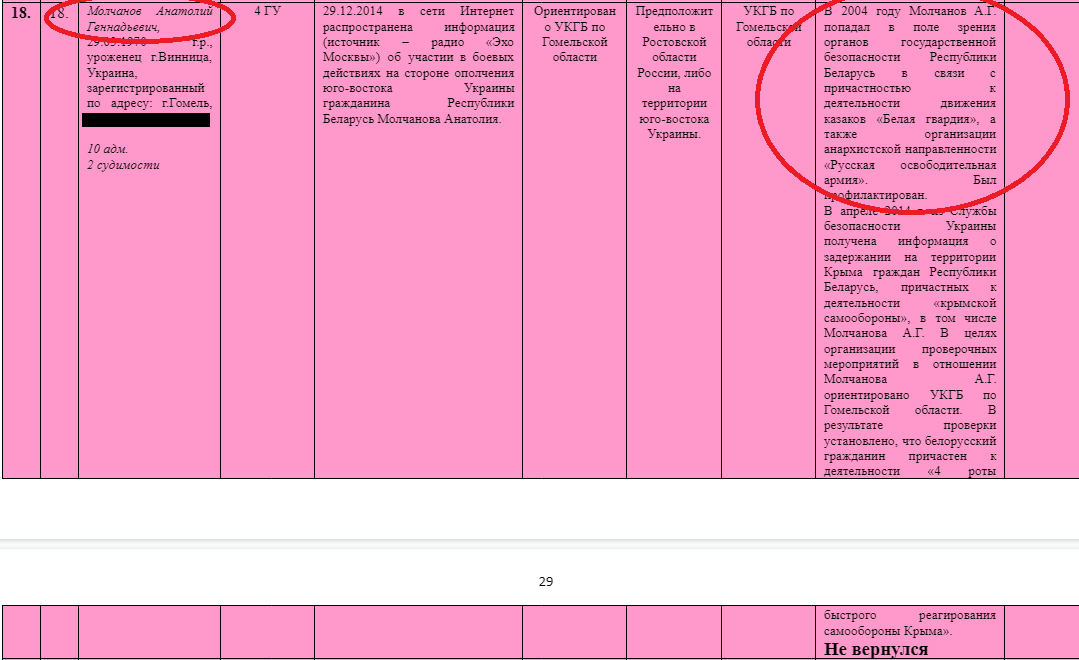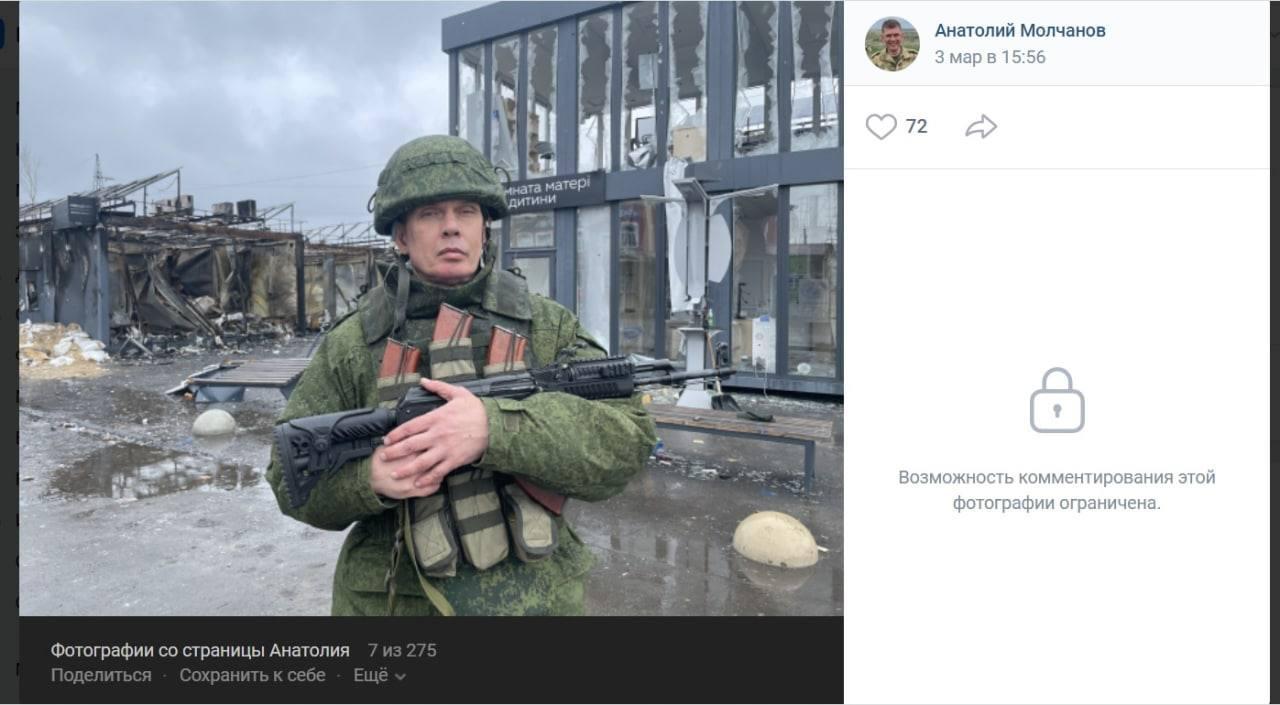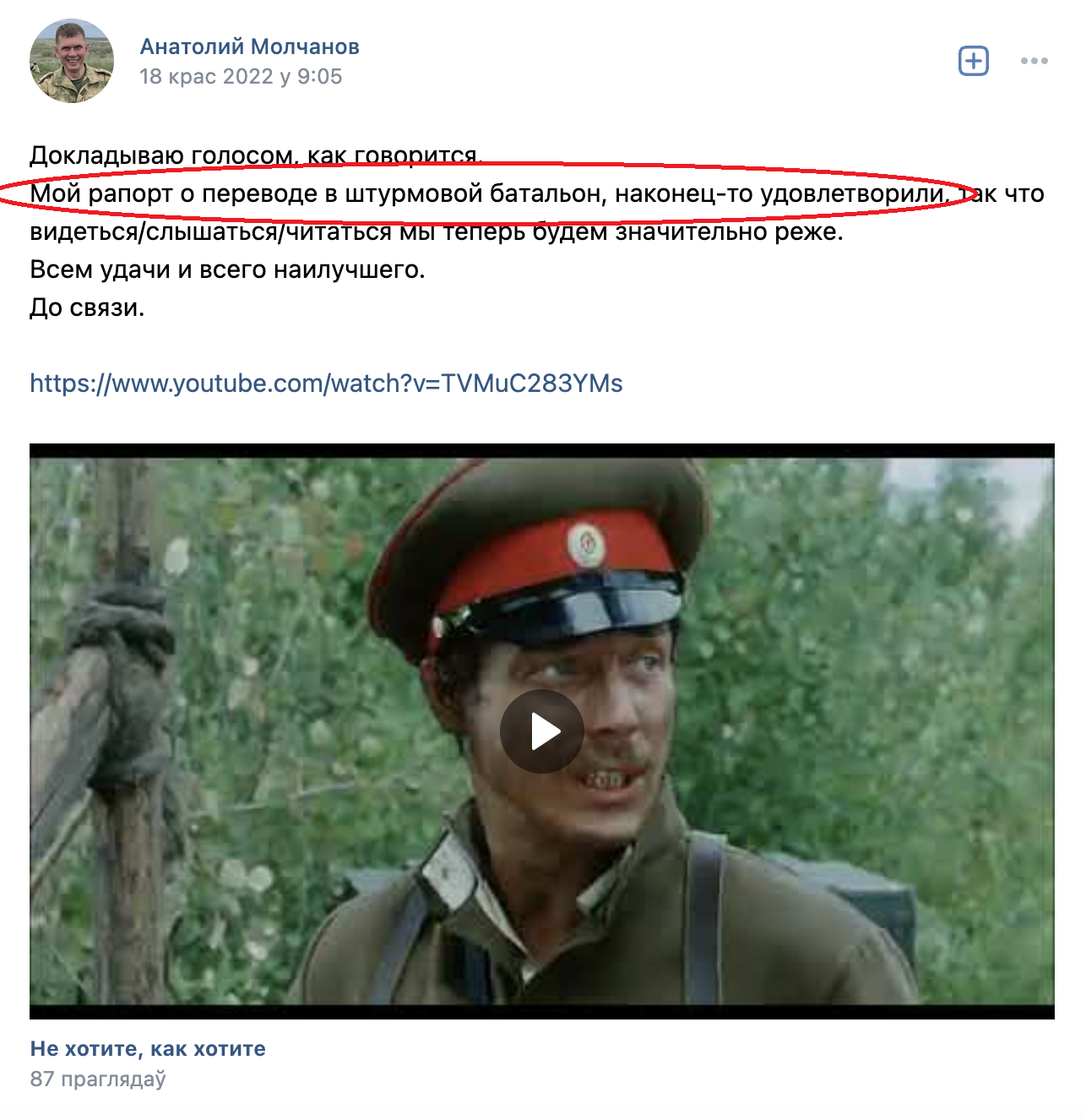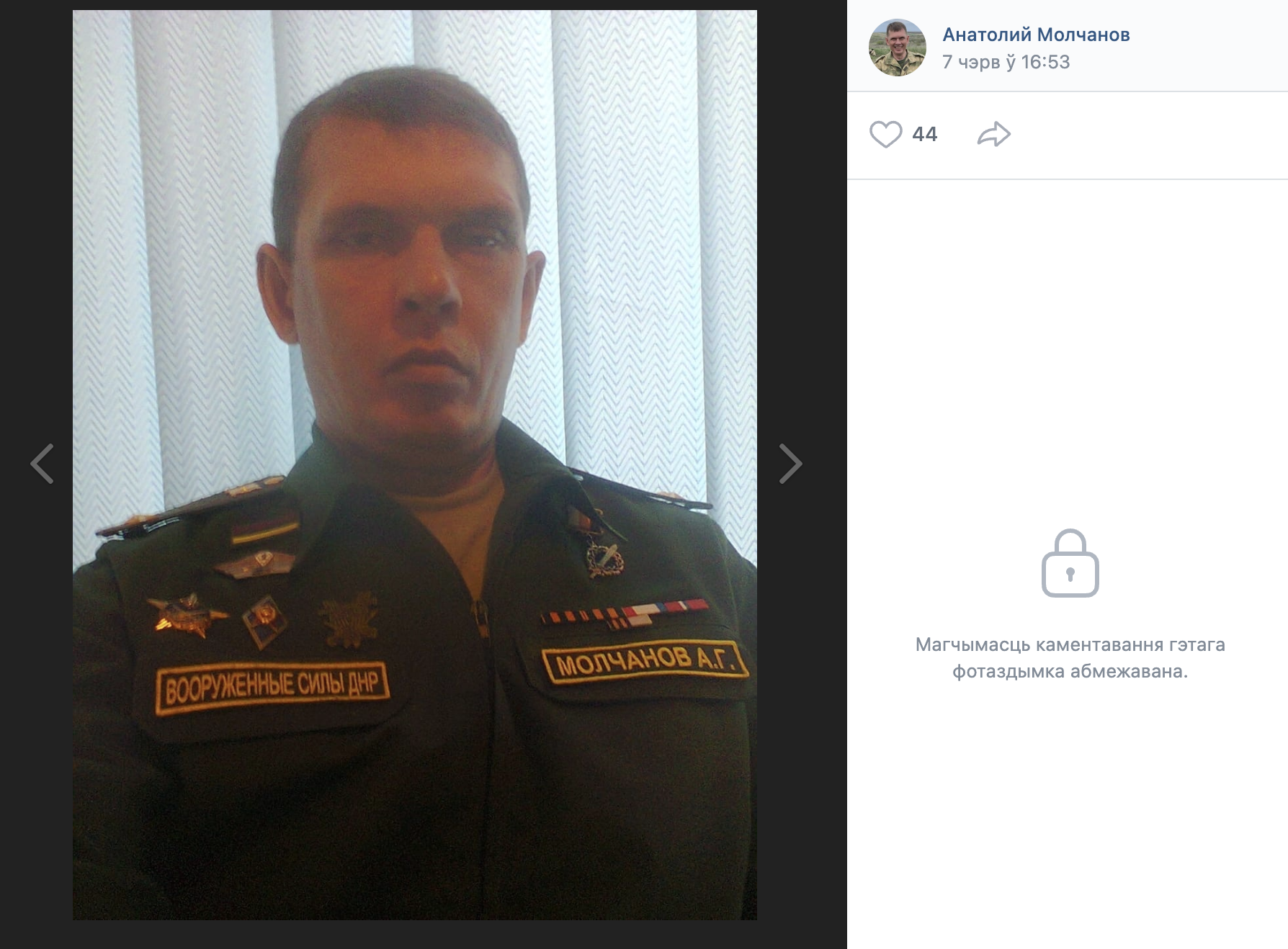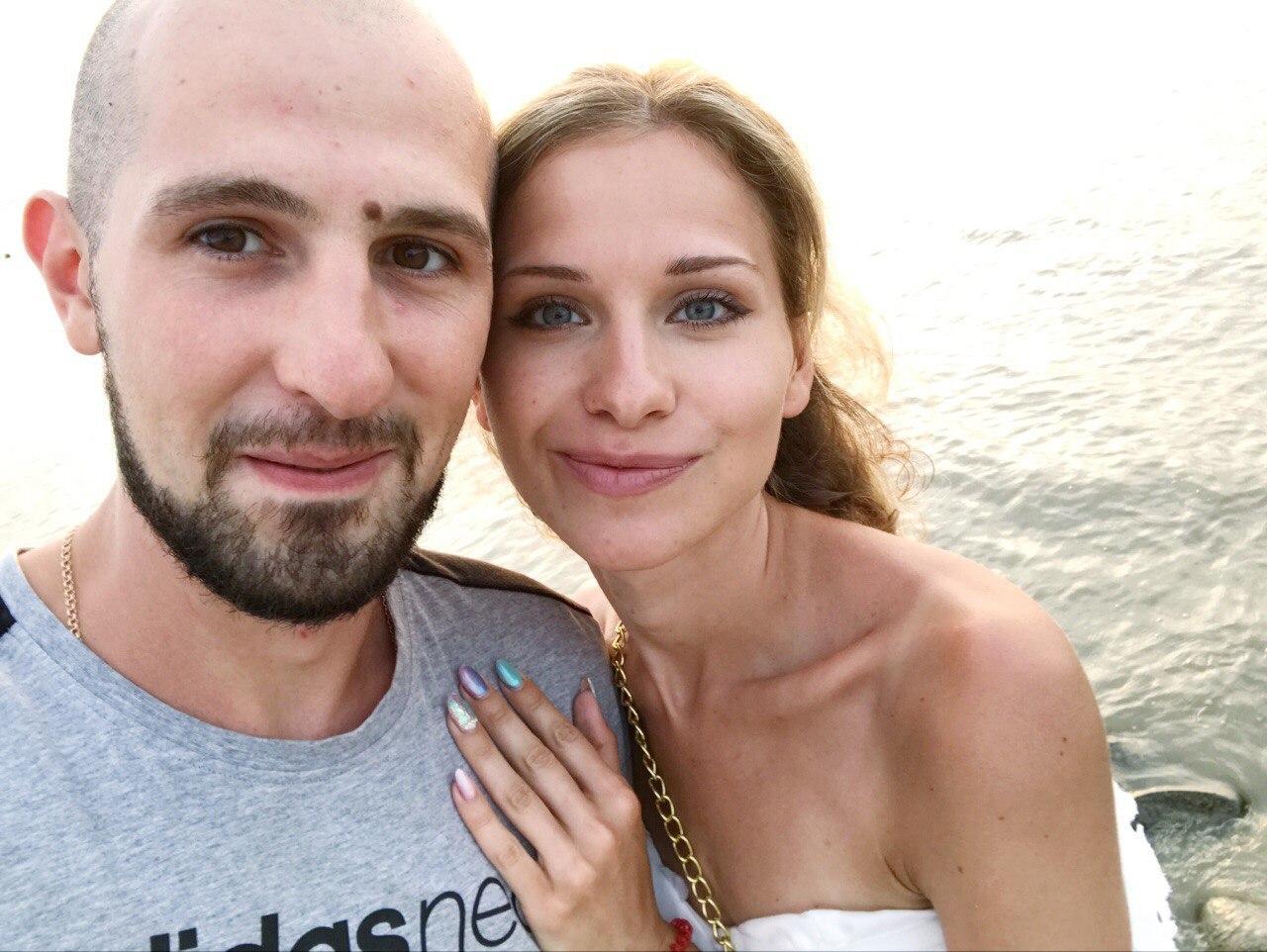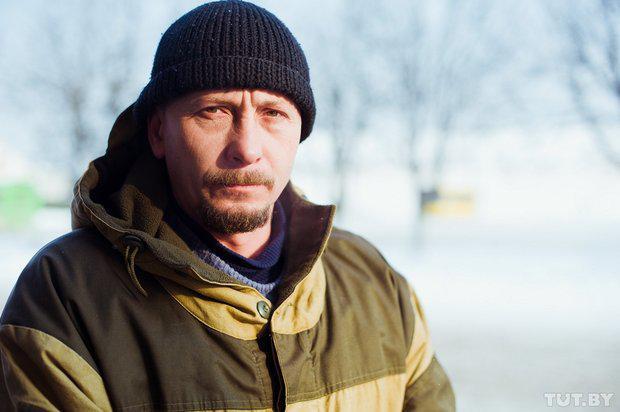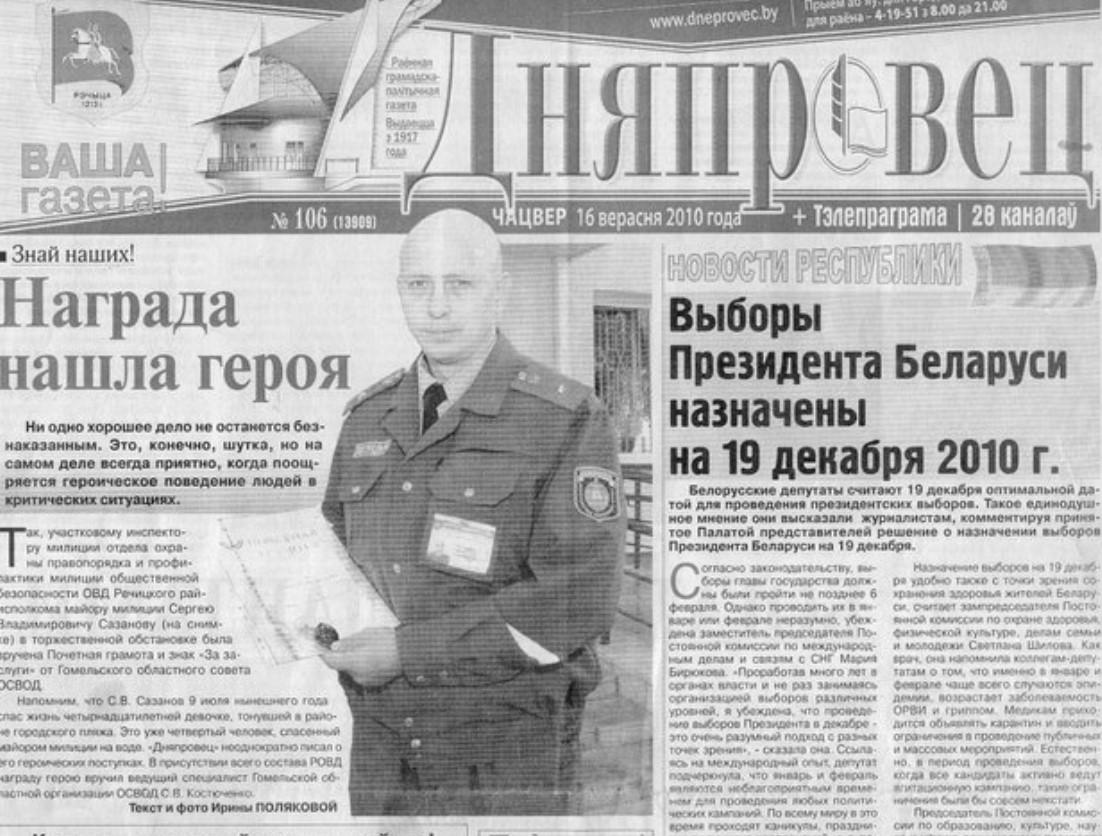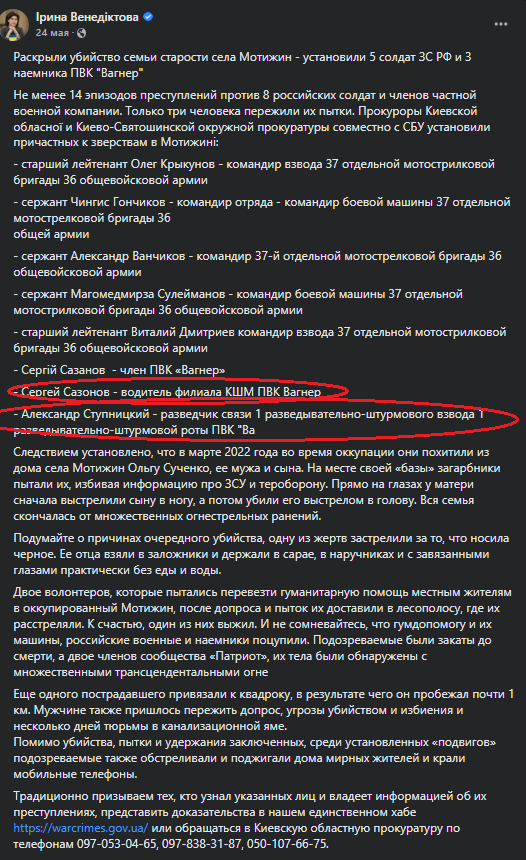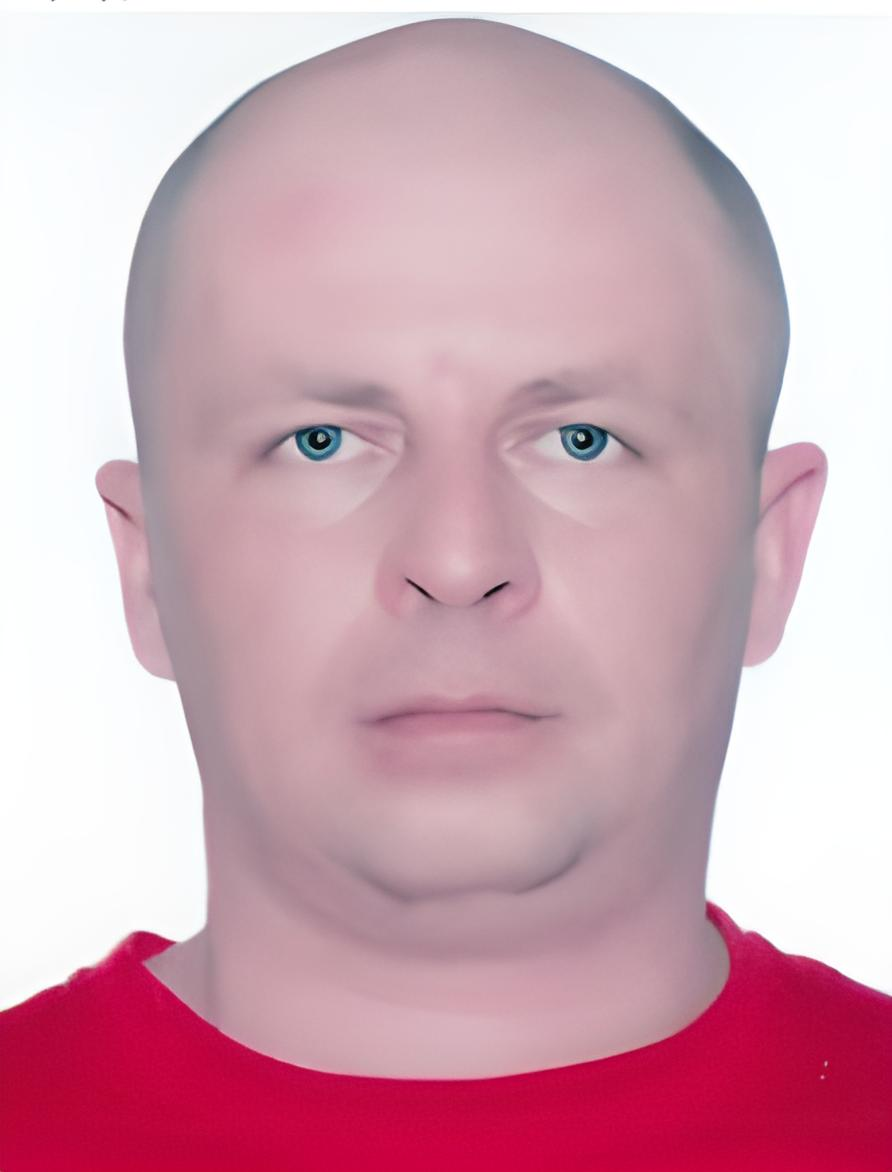But Mr. Malchanau’s social media posts mostly contain his analysis of the frontline, as he rarely talks about his own involvements.
Anatoly would only agree to an interview for 70,000 Russian rubles (equivalent to 1,100 Euro). “In this life I only care about sex and cash” – Mr. Malchanau wrote back to us. We could not get him to talk for free.


Anatol Malchanau is not the only Belarusian fighting for separatists in Ukraine that we could find. In early May several telegram channels shared a video of a man in military uniform holding an assault rifle. Our colleagues from Nasha Niva, a prominent opposition media outlet, have managed to identify the man as Andrei Hryshutsin,
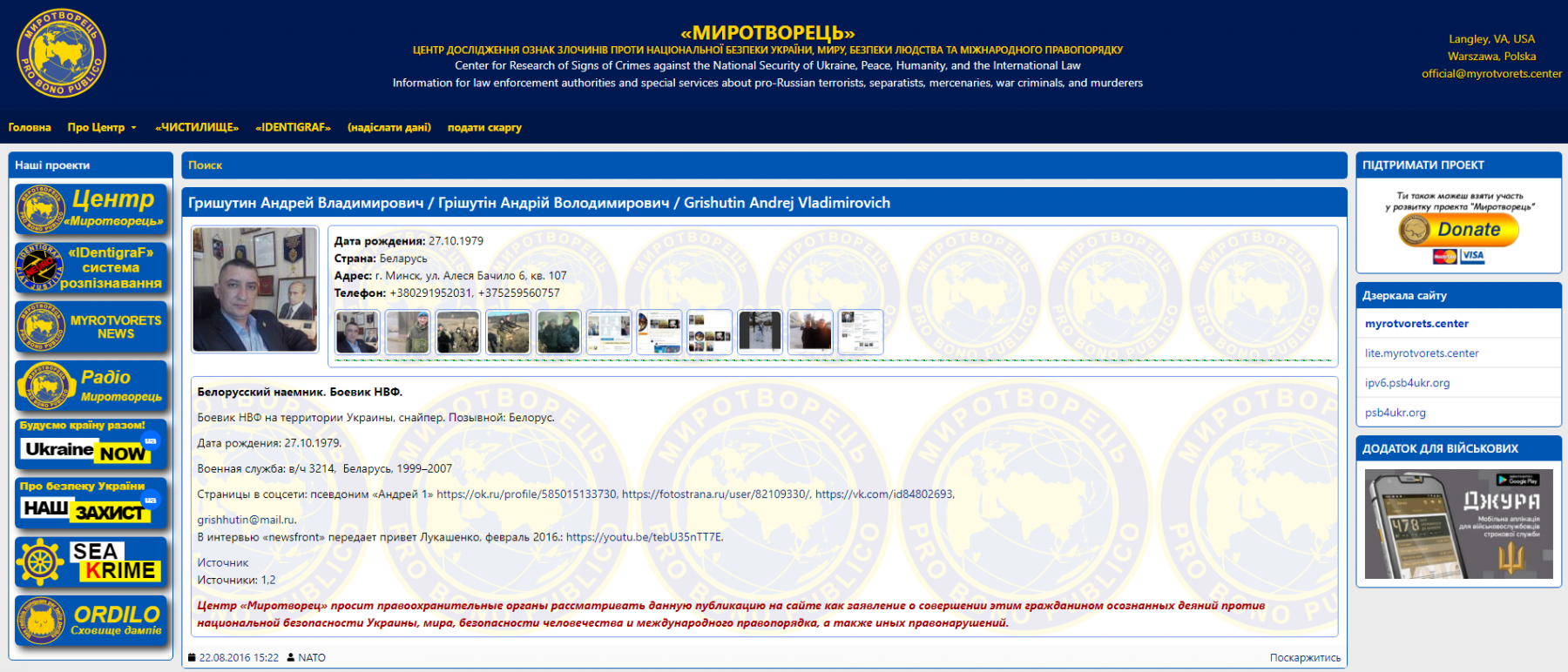
an ex-policeman.
Andrej had served as a company sergeant-major in a police spetsnaz unit 3214 and as a junior sergeant in a road police regiment.
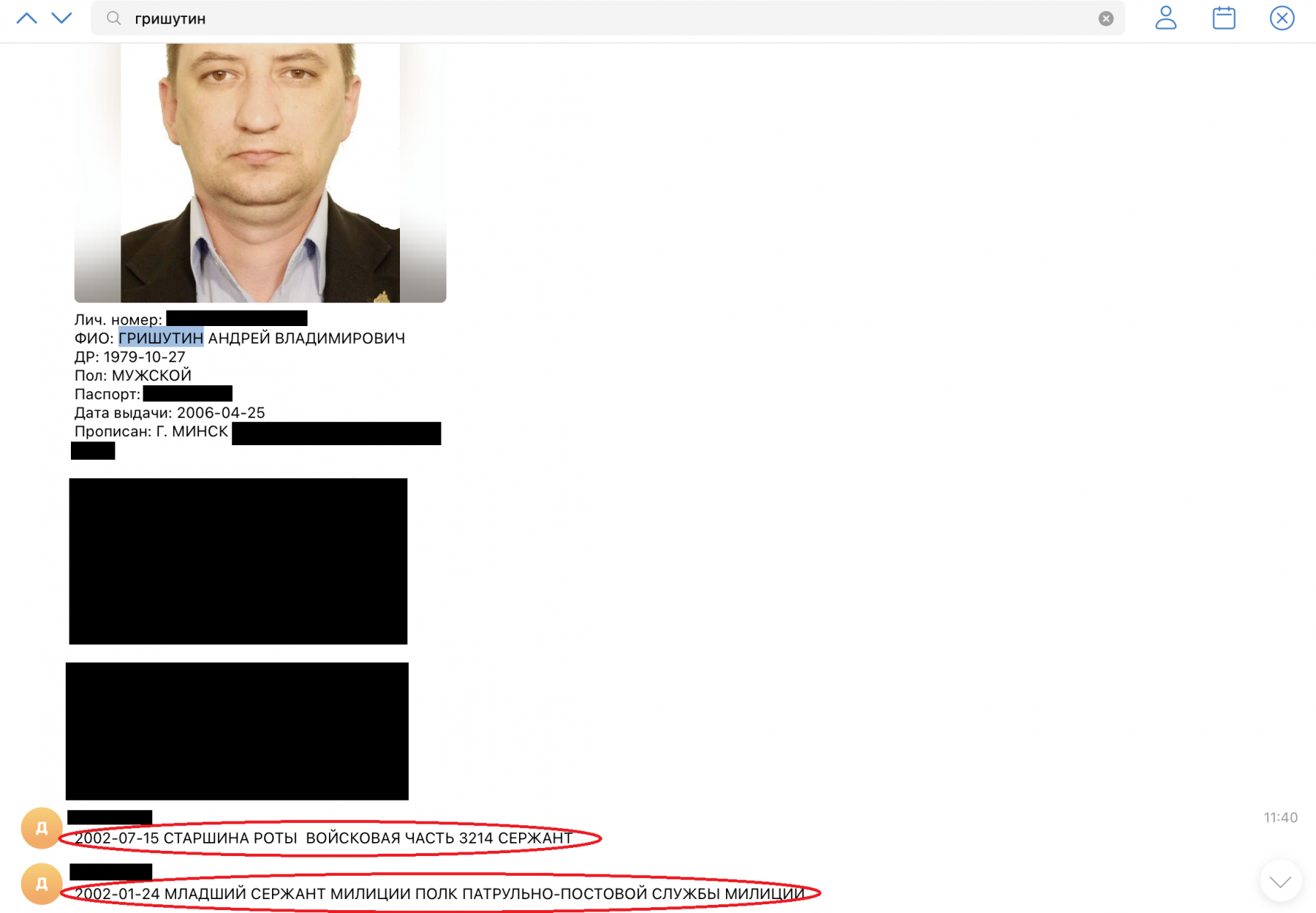
In 2012 he was caught illegally selling poppy seeds.

Andrej has been fighting in the Donbas since 2015 with a callsign ‘Belorus’ (a Belarusian in Russian).
Andrej’s mother says her son has been living in Donbass since 2014 where he got married and has had a child. At one point he worked as a road police officer, but when the war started the 42-year-old man took up arms.
“He’s no longer a Belarusian, but a Russian Federation citizen. He lives there. It’s his home. And he’s defending it. He’s no mercenary. I’ve got a normal son, a good boy” – says Alla Hryshutsina, Andrej’s mother.
Alla relayed our request for an interview to her son, but he refused. She told us the KGB had visited her and made enquiries about him after a criminal case was opened against him in 2015.
Other Belarusian mercenaries have been spotted in the Wagner PMC. These are ex-state security men

Aliaksandr Stupnitski from Orsha,




